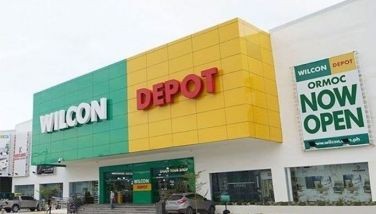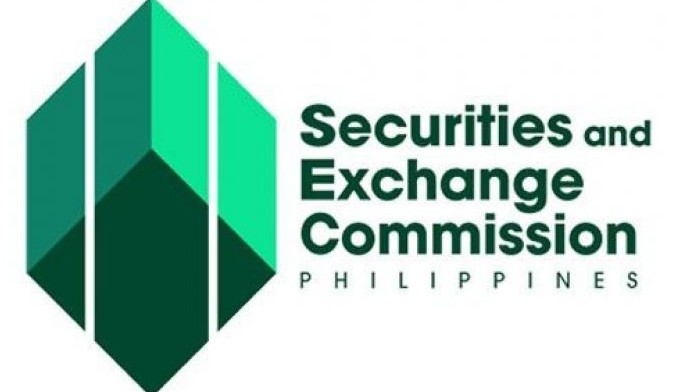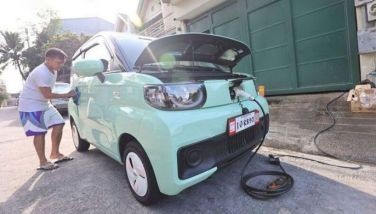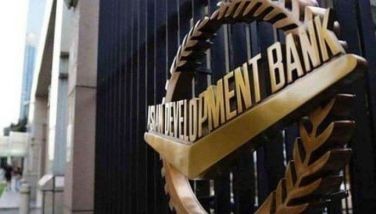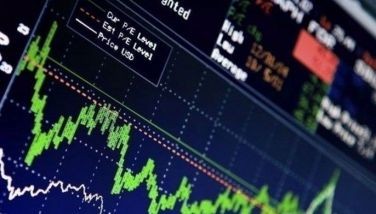Bonds to fast-track SDGs in ASEAN pushed
MANILA, Philippines — The Asian Development Bank (ADB) has proposed a new way for countries in Southeast Asia to tap global capital markets to achieve the Sustainable Development Goals (SDGs).
The Manila-based multilateral lender has introduced the SDG Accelerator Bond (SAB), which was aimed at helping ASEAN countries reduce the perceived investment risk posed by an issuing entity, sector, or project with no track record on bond issuance.
The main objective of a SAB is to provide a return comparable to a similar instrument when held to maturity, but offers cheaper funds for projects in initial periods as an incentive to mainstream SDG projects and reach targets more quickly.
It targets to support a green, resilient, and inclusive recovery from the pandemic and timely meet the SDGs.
The SDGs are 17 interlinked global goals designed to be a “blueprint to achieve a better and more sustainable future for all” by 2030.
Last year was supposed to be the start of a decade of action to accelerate progress on the SDGs, but the pandemic threatened prospects for achieving the goal.
The Philippines, in particular, ranked 99th among 166 countries in the SDG index with a score of 65.5.
Among the 17 SDGs, the Philippines has only achieved SDG 12 on responsible consumption and production.
While it has improved in other areas, major challenges remain on five SDGs including hunger, good health and well-being, innovation and infrastructure, inequalities, and peace and justice.
Among those that issued SDG bonds include Rizal Commercial Banking Corp., Bank of the Philippine Islands, Development Bank of the Philippines and Manila Water Co. Inc.
“The pandemic has slowed down the momentum for sustainable and equitable growth in most of developing Asia and many countries are at risk of not meeting their SDG targets in climate resilience, gender equality, and human development,” ADB vice president Ahmed Saeed said.
“For countries looking to fund sustainable projects and programs on a large scale, capital markets represent an underused, but viable mechanism to bring in SDG investments,” he said.
According to ADB, a SAB is intended as a transitional financing tool for projects that contribute strongly to SDGs that are not already commercially bankable.
This may be due to affordability, lack of a tested technical model, or a gradually improving utility structure, but which will gradually see a rise in returns over time if supported.
A SAB will be particularly relevant to governments and state-owned enterprises who have revenue constraints due to COVID-19, but who are recovering.
A SAB also aims to blend traditional market financing with concessional funding from the public sector, whether as credit enhancement guarantees or actual fund flows, under the principle of a risk being taken by the entity best suited to address it.
Last year, ASEAN economies issued a record $12 billion in green, social, and sustainability bonds but their financing needs have only grown amid the pandemic.
- Latest
- Trending



















